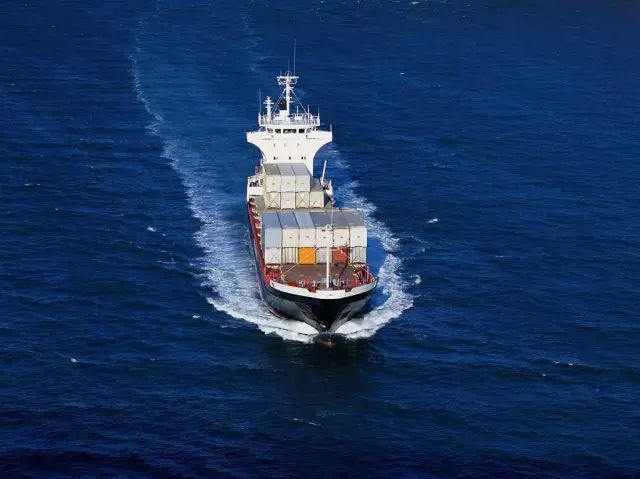Add:1506,Tower West,Jinrun International Plaza,No.85 East Nanxijiang Street,Jianye District,Nanjing,China,210019
Tel: 025-58866358
025-58933315
Fax:025-58867358
E-mail:info@bonagrain.com

In an unprecedented move, the European Commission on Monday launched a consultation request at the World Trade Organization against an ongoing investigation by the Chinese authorities into the compatibility of European Union dairy industry subsidies with global trade rules.
The opening of consultations is the first step to settle a trade dispute under the WTO framework. Proceedings start with a mandatory period of 60 days for the parties to consult each other. If the consultations do not lead to a satisfactory solution, the European Commission has said it will ask the WTO to set up an adjudicating panel.
It is the first time the European Union has challenged a trade investigation at the initial stage, and comes after months of trade tensions between China and the EU over the anti-subsidy probe that the European Commission launched into imports of Chinese-made electric vehicles last October. A final decision on the tariffs is expected within days. Currently after rounds of painful negotiations the additional tariff rate is still as high as 36.3 percent.
The Chinese investigation into EU dairy subsidies is actually part of China's countermeasures against the European Commission's moves regarding Chinese EVs, which also include anti-dumping probes into the EU's exports of brandy and pork products to the Chinese market, which Beijing claims seriously harm the interests of relevant domestic industries.
The EU is in a better position than any other party to know the true cause of the dispute with its major trading partner, and it is well aware that its protectionist actions against Chinese-made EVs originate from some pro-US politicians doing Washington's bidding in an attempt to form a united front against China. US trade, commerce, financial, industrial and national security officials have met with their EU counterparts on multiple occasions over the past months to urge the EU to close its door to Chinese-made EVs.
The US imposed a rate of 100 percent of tariff on Chinese EVs and other green products in May, citing groundless "national security" and "subsidy" concerns. Canada followed suit last month.
Compared with the US and Canada, which directly imposed the tariffs, the EU has at least tried to find out whether the Chinese government has provided subsidy support to Chinese EV makers and if so in what way this might have given Chinese-made EVs an unfair advantage in the EU market.
But as Beijing said, the EU's so-called anti-subsidy investigation is unfair competition in the name of fair competition as it had a preset conclusion.
Notably the EU's moves regarding China under the WTO framework came after a meeting between EU Trade Commissioner Valdis Dombrovskis and his Chinese counterpart, Minister of Commerce Wang Wentao, on Thursday last week in Brussels. After eight hours of talks, both sides considered the meeting a step toward easing the trade tensions between them.
In a statement on X after the meeting with Wang, Dombrovskis described talks as "constructive", saying that China and the EU would "intensify efforts to find an effective, enforceable and WTO-compatible solution to the dispute".
Yet, after the exchange between Dombrovskis and Wang, the Chinese side sent a questionnaire to all companies involved in the investigation, the European Dairy Association told the media. That seems to have triggered a change in the EU's stance. Its tone on Monday was more combative. "The Commission is determined to make full use of all available legal means to defend the EU industry against the abuse of trade defense instruments," said the bloc's executive in a news release.
"The consultation request at WTO level is to show that our Union is ready to step up its trade defense," the EDA Secretary General Alexander Anton told the media in an interview.
But it is too early to say that the last-moment efforts by the two sides to try and settle their trade disputes have failed, as these endeavors are clearly in a critical stage with both sides trying to gain the upper hand.


